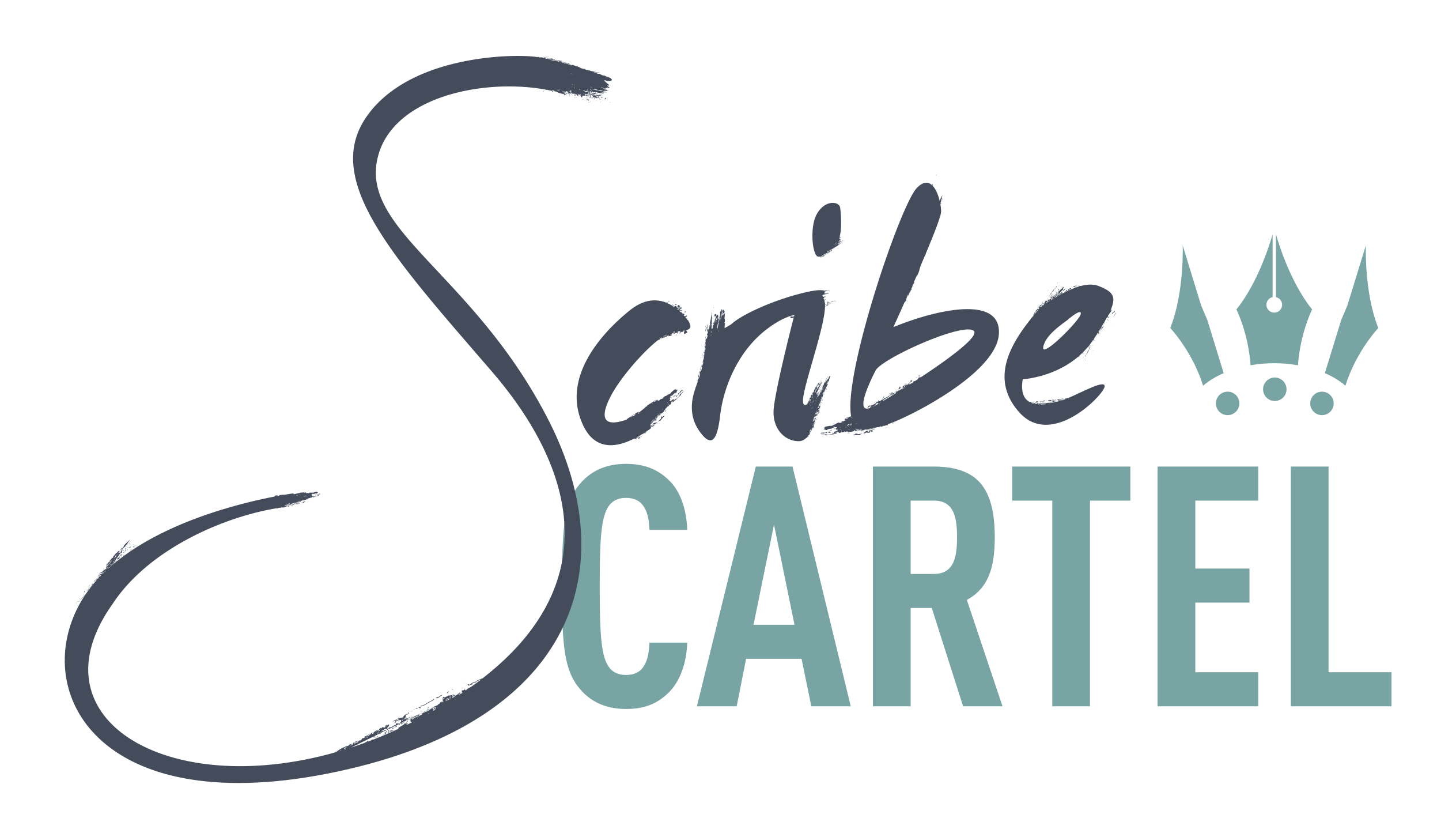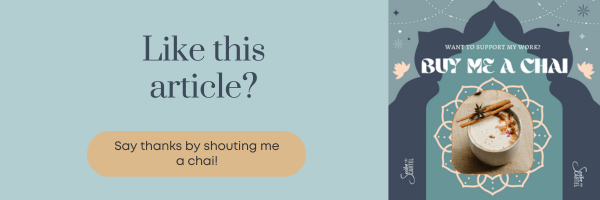Sarah was a nurse for over a decade before transitioning into holistic health coaching. While she was excited to take on a different approach to health and healing and help people make positive life changes, Sarah soon realised her clinical training didn’t prepare her for a crucial element of succeeding in this growing realm: marketing.
Transitioning from one career to another will bring challenges, excitement and apprehension, even when you move into a related field. It means shedding old ways and embracing new ones, trudging up steep learning curves and shifting gears in how you traditionally once approached things.
In nursing, Sarah was accustomed to presenting research or evidence-based information and facts and keeping emotions out of things.
“As a nurse, we’re discouraged from putting any attention on ourselves and sharing personal stories because it can be perceived as putting our needs before a patient”.
But with holistic health coaching and online visibility, connecting with prospective clients and motivating them to make lasting changes when they become one means moving away from some of the medical ethos and stepping into being more of an empathic ear and compassionate communicator.
Embracing a new career frontier
We’re seeing an emergence of clinical practitioners moving out of the allopathic medicine model to study holistic health coaching and complementary therapies (or combining this training into holistic nursing) and integrating their experience and knowledge into a private coaching practice. It’s learning different modalities, healing and health philosophy, and marketing yourself for perfect-fit clients to find you.
Running a solo business — and digital marketing in particular — brings up all sorts of stuff for people. I’m not creative. It’s not the part of my business I want to put my effort into. Being visible online makes me uncomfortable. Everything takes so long to create. I suck at writing.
But without marketing, there are no clients to build your reputation or bank account, so there you are, diving into YouTube, blogs, courses and eBooks (more work, I know!), seeking the wisdom, techniques and templates to upskill.
“It’s like moving how your brain functions and how you’re traditionally taught how to do things. Then trying to transition into a whole different realm, being marketing, and figuring out how you can do this and where you fit.” Sarah shared.
“I struggle with knowing what to post and creating a voice that’s authentic and less medical”.

Practitioners and coaches resonating with Sarah’s words can shift this by experimenting with different techniques in your client approach so you start to feel more natural in creating content.
- We all have stories! Start each session with an anecdote or story about a patient experience (sans sensitive info) or relevant past or current news story.
- Everything we learn and experience is a potential content idea. Tune in. Observe. Get into a note-taking habit.
- Flex your native tongue by learning and using new and vivid language and metaphors that evoke emotions, senses and a mental picture to capture full attention and translate complex biological concepts. E.g. Comparing the body to particular ecological processes or the immune system to a ship crew.
- Deep and active listening helps you understand your client on a human-to-human level. Every client conversation, outcome, and challenge makes you a better practitioner, as well as collecting information you can use in marketing and storytelling to speak to common experiences and concerns.
Shedding your skin and stepping into storytelling
You might eye-roll at some of this or be like — what, more stuff to learn — but branching out and trying new things will make you a better practitioner for your clients as well content creator and marketer.
- Take an improv or public speaking class to help you articulate on your feet, tell enchanting narratives, and develop emotional intelligence and empathetic listening skills.
- Live storytelling events give you a firsthand look at how professional storytellers craft their narratives. Learn about pacing, tone, and other techniques by watching experienced storytellers in action.
- Can’t find the words? Use photos, videos, or diagrams to simplify complex concepts so they’re more accessible.
- Consider collaborating with a professional writer to develop your skills.
- If you don’t like yourself on video, there are some incredible coaches for that too.
- Writing for fun: journal, short stories, gathering case studies, and poetry to flex your writing skills muscles.
It’s up to you whether you remain resistant to marketing or enswathe practices to expand your limits and develop your skills to become a compassionate and relatable coach/practitioner and make marketing part of business as usual.
Want to write like this?
Interested in writing thoughtful, informative blogs over short social media content that will get people to your website to book you, but you aren’t sure where to start? Download The Blogging Breakthrough: A guide for holistic health practitioners to brainstorm, research, structure, and write standout blogs as core content.


